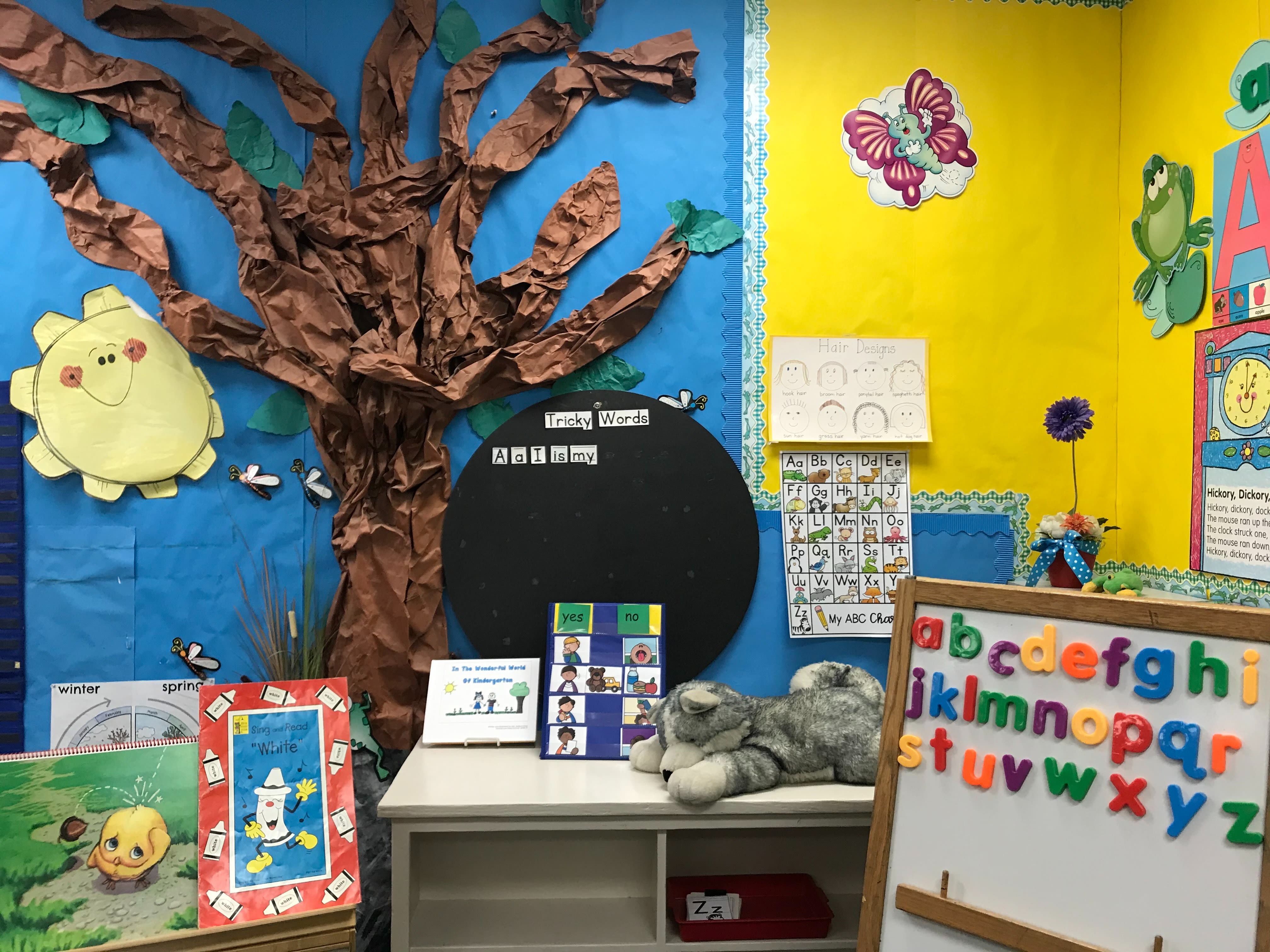Why is Early Childhood Education Underrepresented in Tertiary Education?

Early Childhood Education (ECE) is a crucial period of development that lays the foundation for a child’s lifelong learning and well-being. Despite its significance, ECE often receives less attention in tertiary education programmes, resulting in a lack of trained professionals in the field. In Malaysia, where the government is committed to improving the quality of ECE, the issue of underrepresentation in tertiary education is of particular concern.
ECE programmes in Malaysia are designed to provide students with the necessary knowledge and skills to work with young children, from birth to age six. Accredited ECE programs typically follow the requirements of the Malaysian Qualification Agency (MQA) programme standard, which outlines the core areas of knowledge and skills required for graduates to be competent ECE professionals. However, despite the importance of ECE, these programs are often underrepresented in tertiary education, with fewer courses and programmes available compared to other disciplines.
I find it worrying that Early Childhood Education (ECE) is not getting the attention it deserves in tertiary education programs in Malaysia, even though it plays a crucial role in setting the foundation for a child’s lifelong learning and well-being. As someone in the ECE tertiary education industry, I was intrigued to investigate the reasons why this field is not getting enough representation in the education system.
One of the factors contributing to the underrepresentation of ECE is the perception among school leavers that it is not a popular or “hype” course that can lead to high-paying jobs or a glamorous lifestyle. This mindset overlooks the critical role that ECE professionals play in shaping the development and well-being of young children. By promoting the benefits of ECE and emphasizing the high demand for qualified and skilled professionals in the field, we can encourage students to consider ECE as a promising and rewarding career option.

It is important to highlight the diverse career pathways available in ECE, which may be unknown to some students and graduates.
Qualifications in this field can open doors to positions such as preschool curriculum developer, toy creator, child-related content designer, and children’s book copywriter, among others.
By promoting these opportunities, we can attract more students to the field and address the understaffing in the ECE industry.
Further, the discrepancy in salary between ECE graduates and graduates in other fields is a significant deterrent for students considering a career in ECE. The Malaysian Ministry of Education has reported that the median monthly salary for ECE graduates is lower than that of graduates in fields such as engineering and business (Ministry of Education Malaysia, 2020). This issue may make ECE a less attractive option for students who are concerned about their future earning potential.
The low entry requirements to ECE programs could also contribute to the belief that the field is not as academically rigorous as other courses, dissuading potential students from pursuing it. Despite this, creating awareness of the value of ECE is essential. Educating parents, educators, and the public about the long-term benefits of high-quality ECE on a child’s development, well-being, and future success in school and life can change negative perceptions of the field. Raising awareness can encourage more students to consider ECE as a career, leading to increased enrolment in ECE tertiary education programs.
It is critical to recognise that investing in the ECE field is necessary for the future of Malaysia’s education system. In order to attract more students to the field, the government and academic institutions can invest in the development of ECE programmes and research, as well as in the professional development of ECE teachers. This will improve the quality of ECE and provide better job prospects for future graduates, despite the low entry requirements.

Another common factor is, in-service teachers who wish to upskill their academic qualifications and pursue ECE in tertiary education may be deterred by the time and effort required to complete the programme. However, the availability of online ECE programmes could increase access to education and attract more students to the field. Online programmes provide greater flexibility and convenience for students, particularly those already working in the field. Finally, a lack of passion for working with young children is another possible factor. This could be due to a lack of exposure to ECE during childhood or a lack of natural affinity for working with young children.
Encouraging students to consider a career in ECE is essential as it provides an opportunity to make a difference in the lives of young children, and contribute to the growth and development of the nation. Pursuing a career in ECE offers a meaningful and fulfilling experience as it contributes to the development and well-being of young children. Therefore, it is necessary to address the underrepresentation of ECE in tertiary education programmes in Malaysia to develop a more well-staffed ECE industry, which is vital for the future of the nation.

Azura Abrasid is an experienced and passionate Academic and Project Leader in the field of Early Childhood Education. She has conducted various ECE workshops, talks, forums, and seminars globally, and has influenced generations of preschool teachers as a university lecturer since 2008. She is committed to designing programmes to enhance the professionalism of Early Childhood practitioners and unlocking every child’s potential through patience, humour, and respect for differences. Azura is currently the Head of Early Childhood Programmes at Veritas University College. She also holds various professional certificates and awards, is a member of several organisations, and has conducted talks and training for various educational institutions.
Teaching is a noble profession, and with it comes the responsibility and conscious duty to not only impart knowledge to students, but to influence and motivate the generation of tomorrow.
If you would like to know more about Early Childhood Education programmes, and how you can play a part in shaping and nurturing young minds, do visit https://www.bac.edu.my/bac/education-early-childhood/

